In any event, these film scholars went on into an entire verbal sidebar on Deodato's career, and they discussed one of the most fascinating things I'd ever heard occurring to any filmmaker as a consequence of assembling a project and putting it out into the marketplace for mass consumption.
Though I've only seen bits and pieces of -- ahem, pardon the pun -- Cannibal Holocaust (1980), I am more than well aware of the flick's reputation. Now, I'm not going to trouble my readers with even a casual accounting of all that's been said and written about the film, mostly because I do try -- when dissecting history -- to avoid passing judgment on any person and/or factoid out there. Suffice it to say, there's a lot of water -- bloody water -- under the bridge that was Cannibal's production, and one might do well to review the picture's Trivia Page alone over at IMDB.com. Seriously, it's an incredible amount of whatnot. But those speaking on the commentary track did mention Deodato's criminal charge resulting from a marketing tactic employed with the project. I've not verified it, and again I'm only passing on what I've heard.
Allegedly, the film's release caused a stir in its native Italy, so much so that the depiction of actual deaths of stars in the picture caught the attention of the highest authorities imaginable. Deodato was first charged with obscenity for his role in bringing the story to life; and -- when the onscreen talent couldn't be located -- the charges were upped to three counts of murder!
Yowza!
Now as the story goes, everyone involved with Cannibal's cast had to sign contractual agreements to disappear from public life for several months. (I believe it may've even been up to a year.) This was designed as a marketing tactic to further create the illusion of their demise onscreen from the film. Deodato and producers wanted to fashion as authentic deaths as he could, so what better way to do that -- on top of all of the bloodshed -- than to have the actors and actresses quite literally gone from society? Because these folks were out of the spotlight, these authorities believed that they were actually murdered -- snuffed out, as they say -- and Deodato was to be brought to justice for his part in the violent affair.
Even IMDB.com reports that the director had to contact the producers who in turn reached out to the talent and have them appear in court -- on his behalf -- in order to have the charges fully dropped.
To this day, that remains one of the wildest things I've ever heard from Horror film history, and it'll likely stick with me until my last days.
Alas, none of us lives forever, and word reached the Information Superhighway this morning of Deodato's passing. Out of respect for his body of work and the legacy he leaves behind, I wanted to pass along that story.
Thoughts and prayers are extended to the family, friends, and fans of Ruggero Deodato. May he rest in peace.
-- EZ

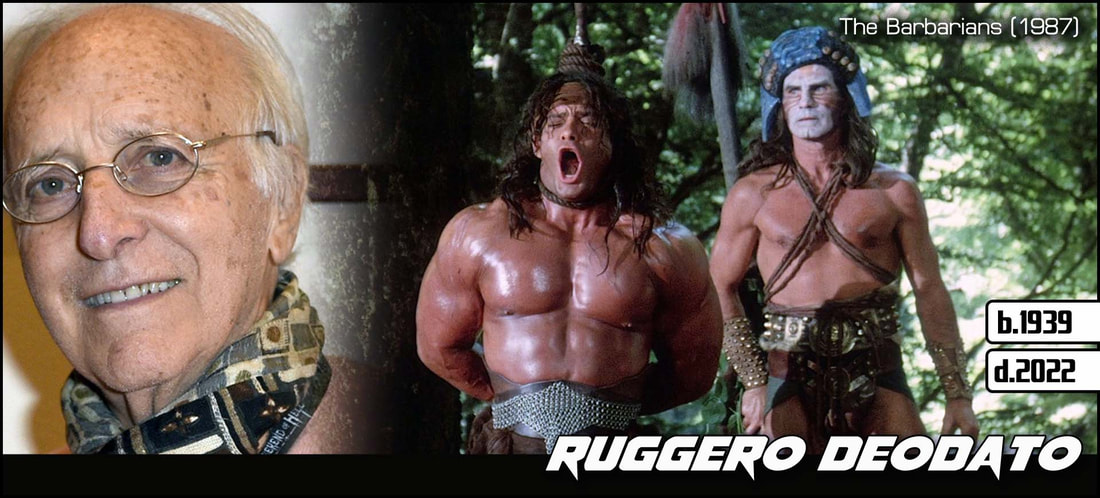
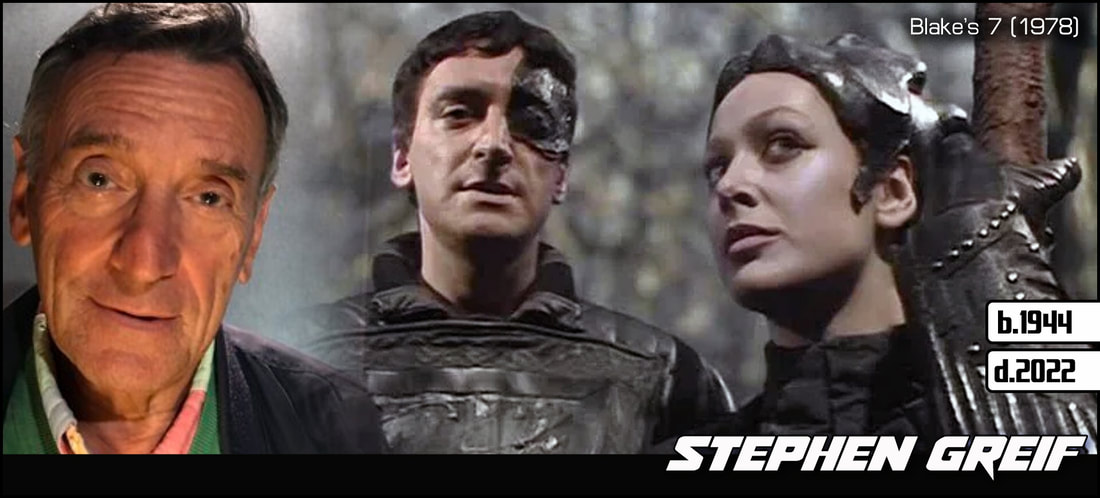
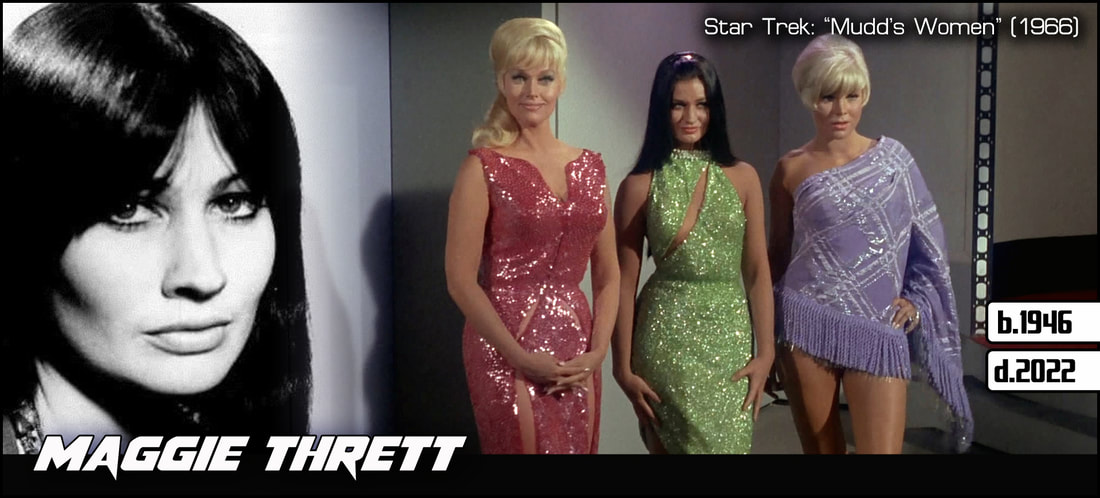
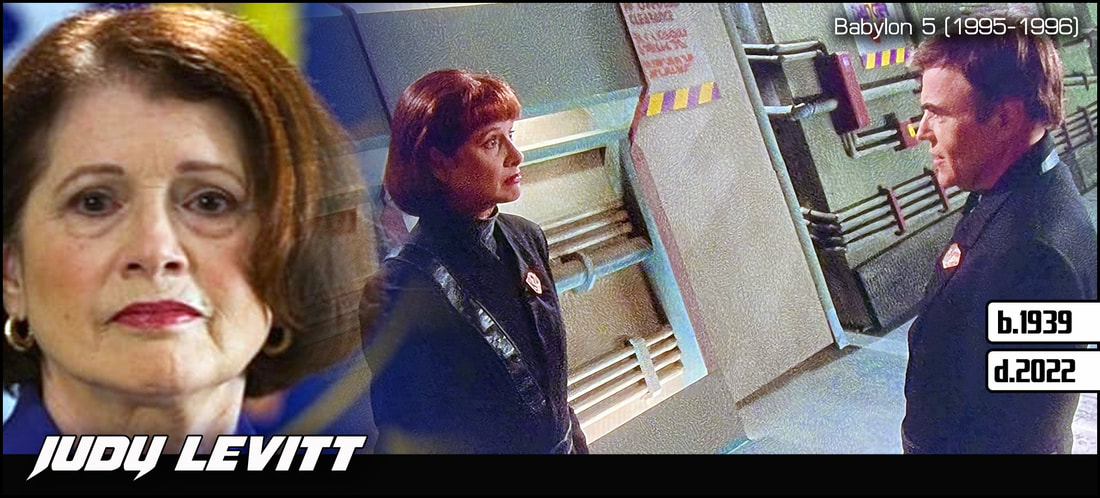
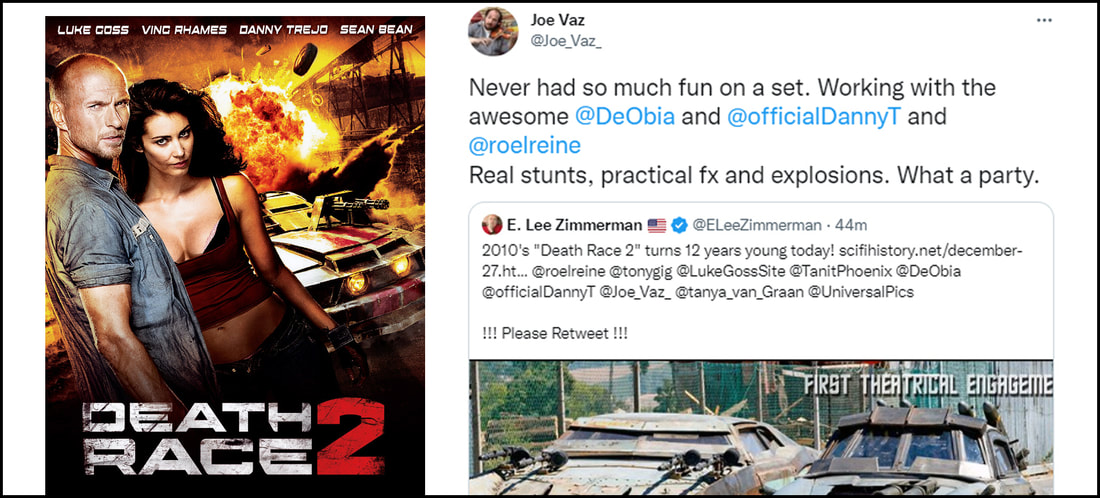
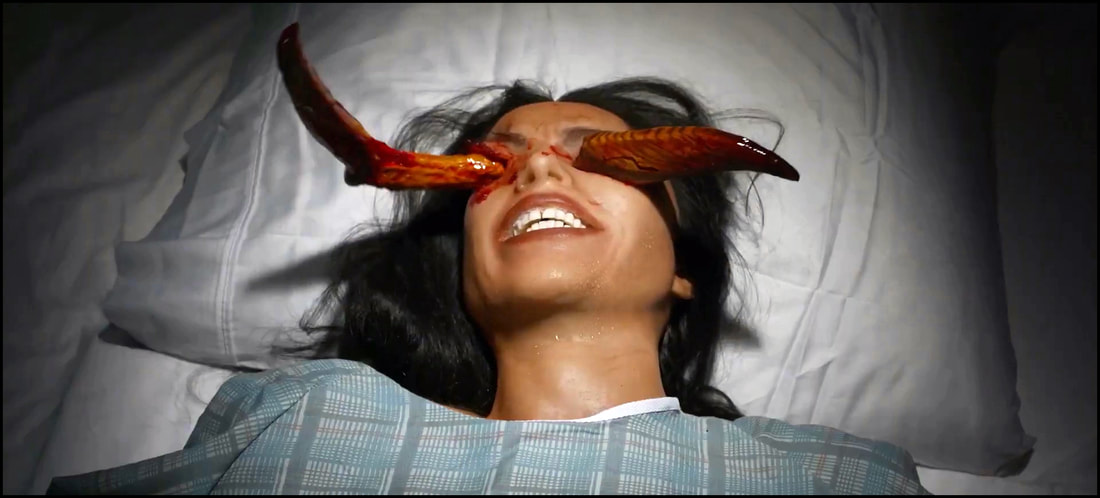
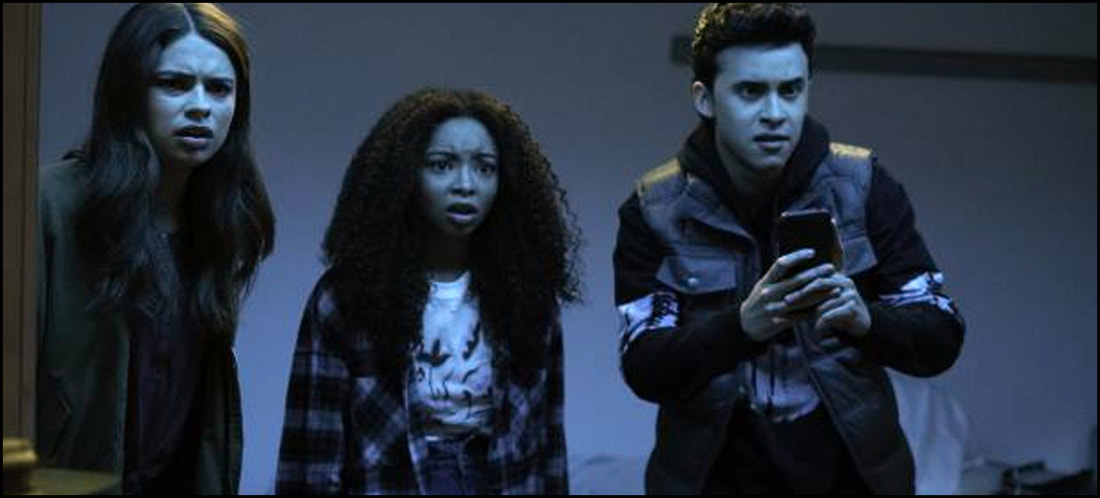
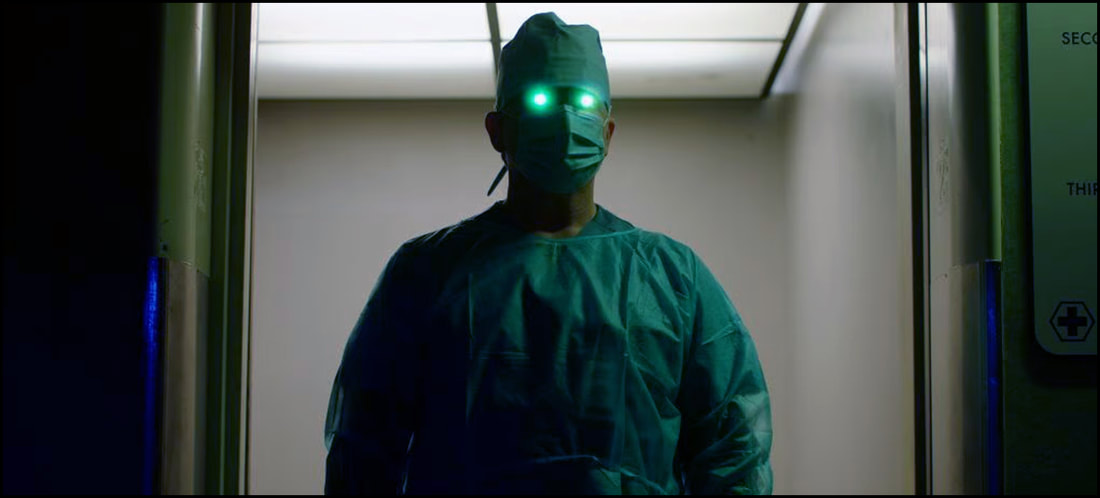

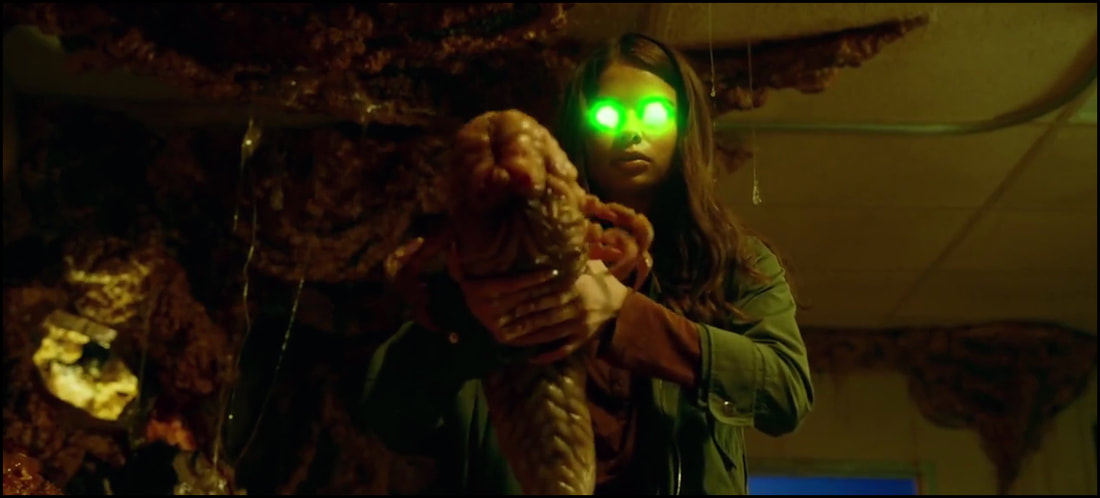

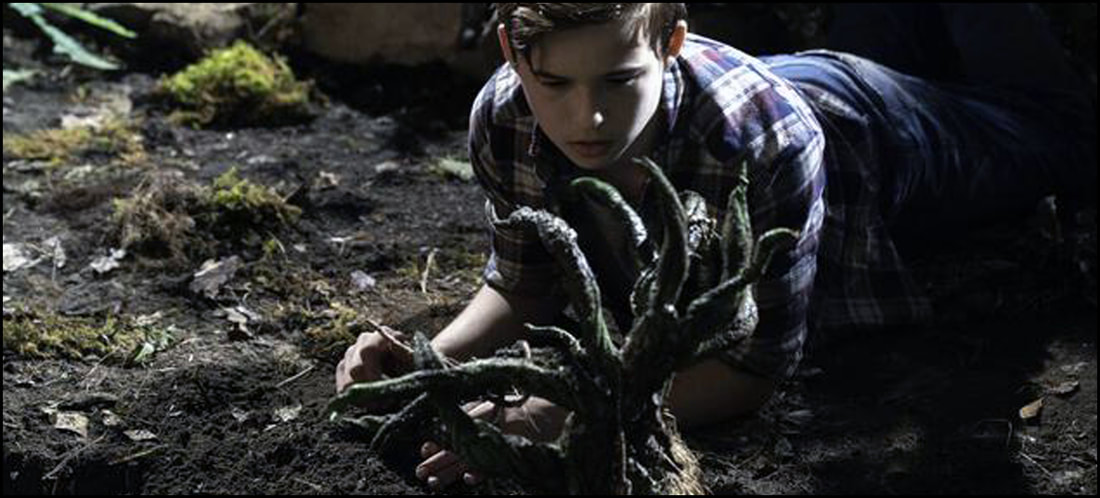
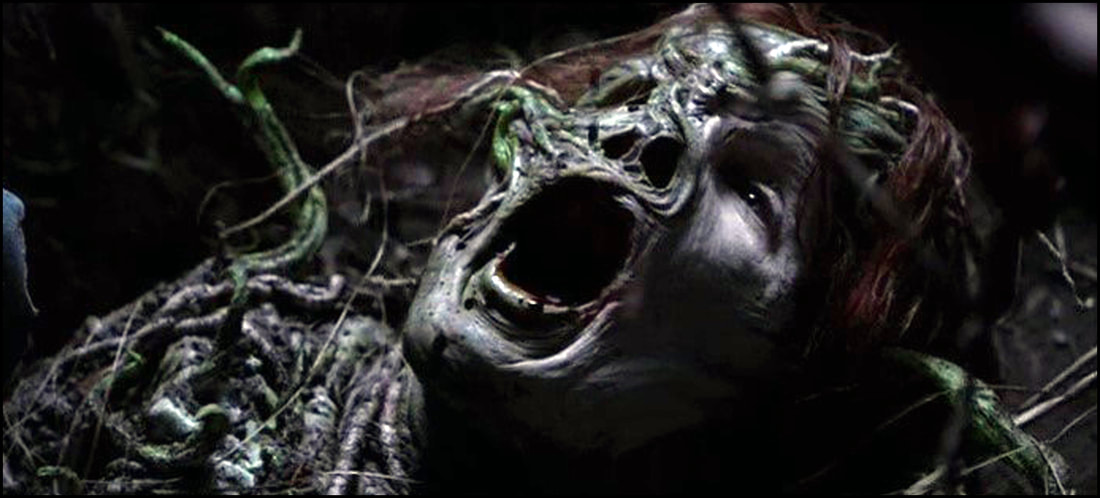
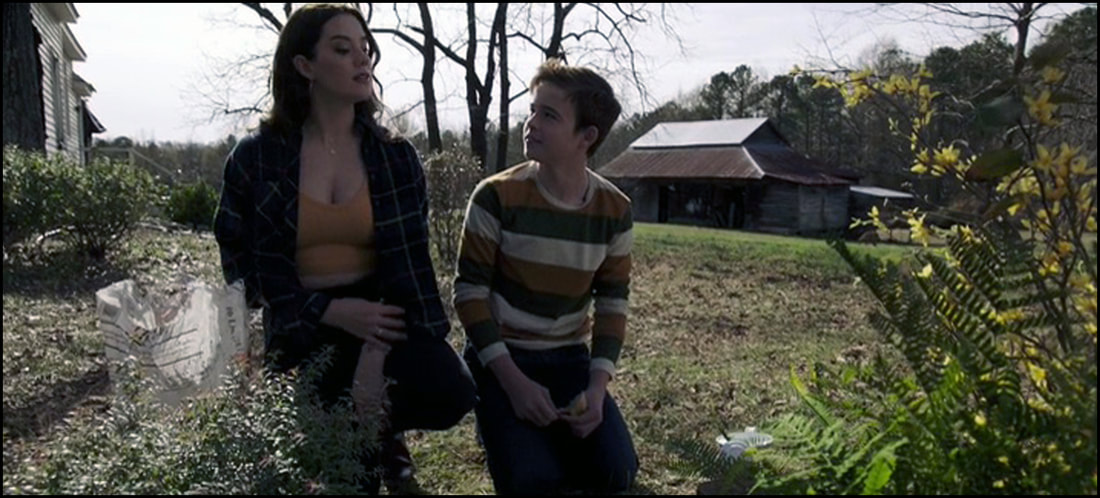
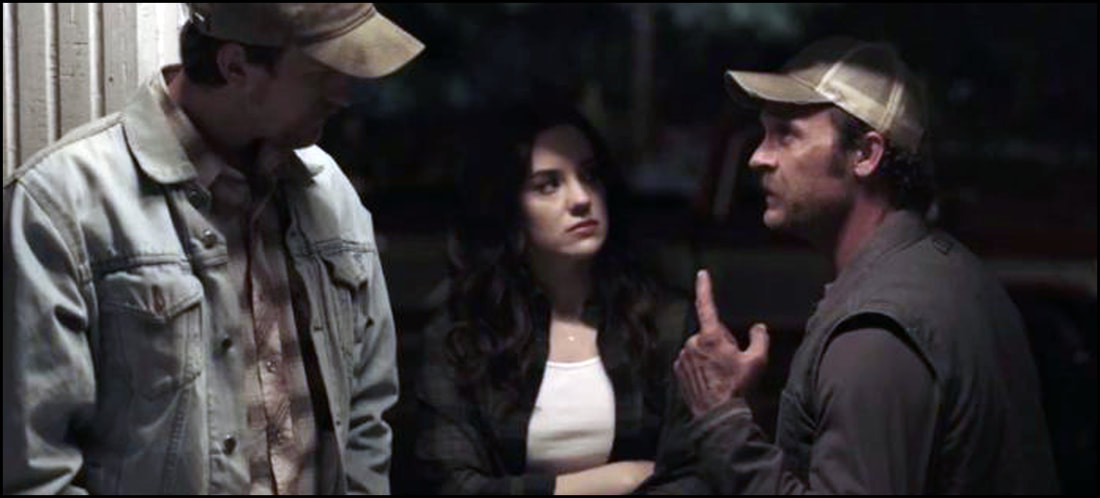
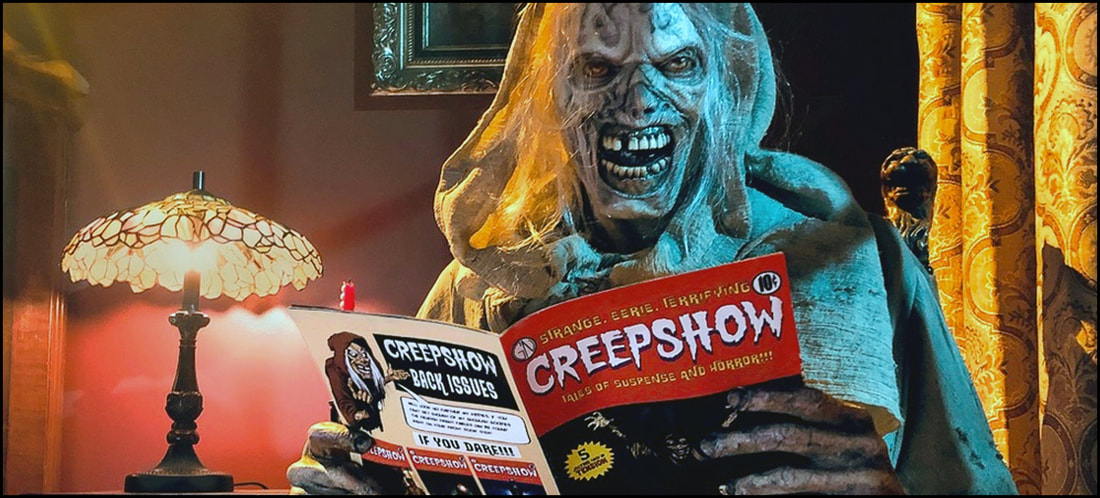
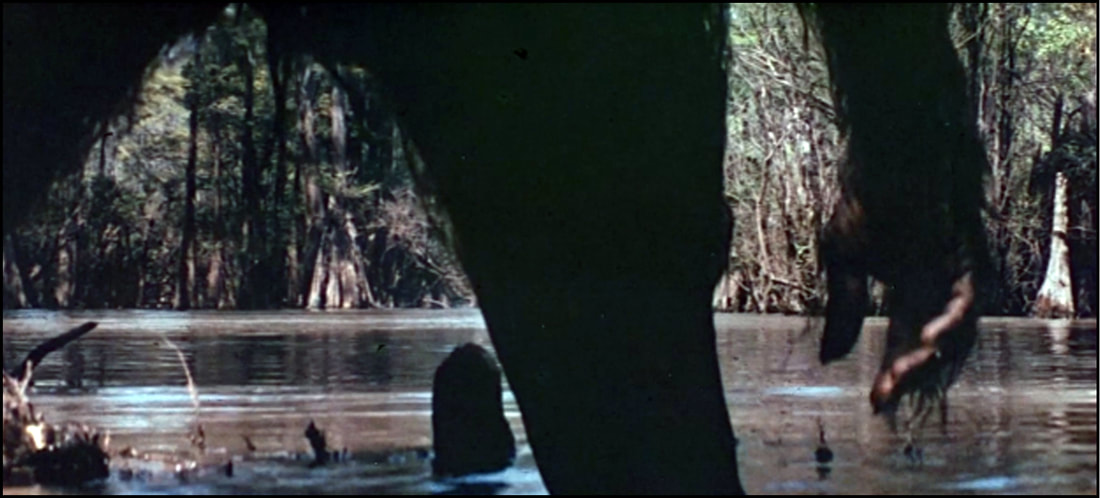
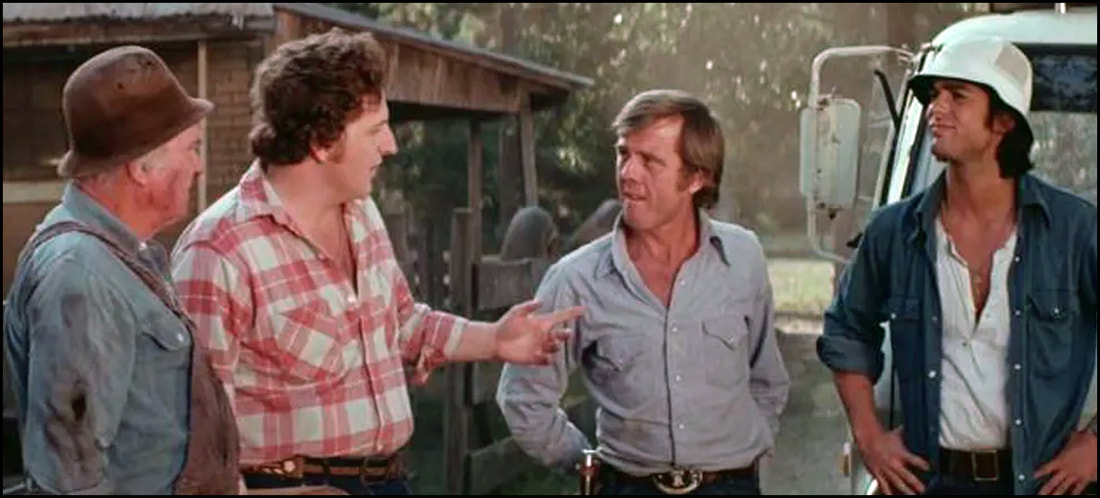
 RSS Feed
RSS Feed